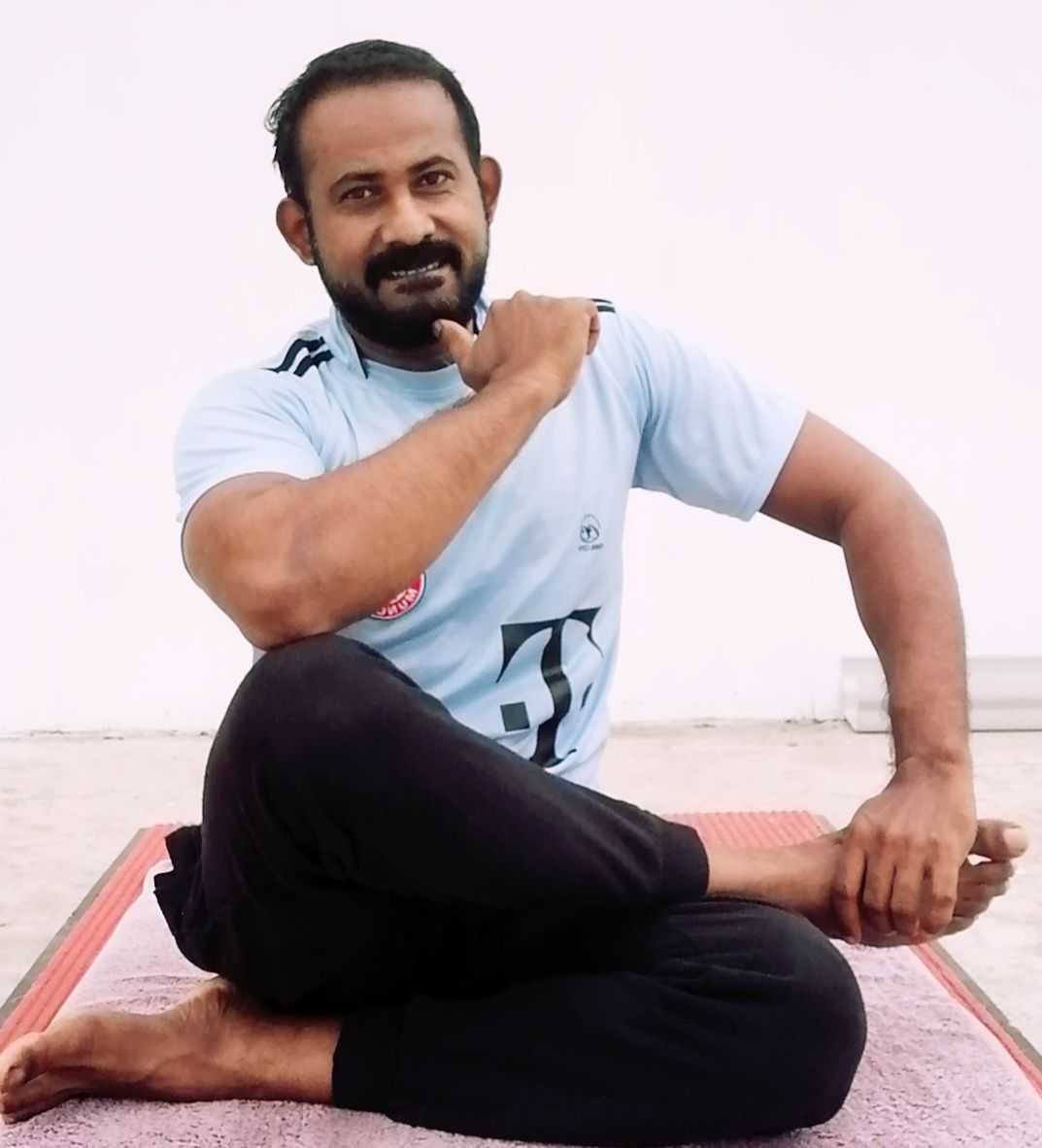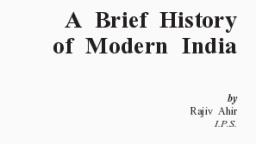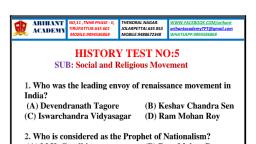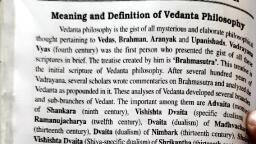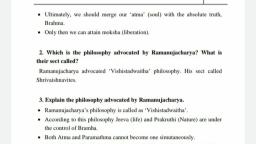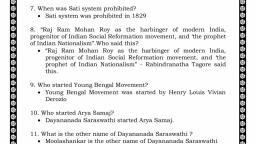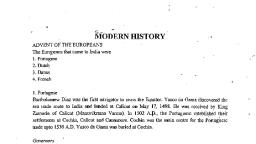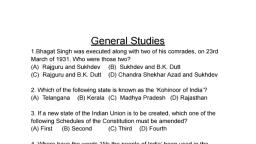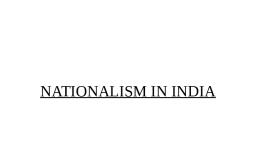Page 1 :
BRAHMO SAMAJ, The pioneer in Socio-Religious reform movement in India is the Brahmo Samaj. It was an upper caste reform movement worked in north and north-eastern India. The Brahmo Samaj began as a reformist movement within Hinduism and began the Bengal Renaissance. It was started at Calcutta in 1828 by Raja Ram Mohan Roy. It forbade idol worship and discarded meaningless rites and rituals. The Samaj also forbade its members from attacking any religion., Fast Facts, Founder: Raja Ram Mohan Roy, Date of Origin: 20 August 1828, Place of Origin: Calcutta, Theology: Monotheism, Divisions: Aadi Brahmo Samaj – Brahmasamaj of India and Sadharan Brahmo Samaj, Atma Sabha was the predecessor of Brahma Samaj. It was founded in 1814 by Ram Mohun Roy to teach and preach monotheism. The Atma Sabha believed in singular omnipotent universal soul called Brahma. Individuals exist with atma, a part of universal soul, which born and ends to Brahma. Later Atma Sabha renamed as Brahma Samaj and established branches in Bengal, Bihar and UP., Principles, Brahmo Samaj was formed to reform the Hindu society of social and religious eveils, and eradicate practices like the ‘Sati’ and caste system. The movement attacked many traditional Hindu practices that were considered part of one’s daily life. Let’s have a look at the various principles of Brahmo Samaj., God – Brahmo Samaj advocates the existence of an ‘Infinite Singularity.’ It does not believe in Avatars, reincarnation, or rebirths. It also denounces idol-worship and polytheism. The ‘Infinite Singularity’ is considered limitless, indivisible, imperceivable, and undefinable., Love – While it urges its followers to treat all creations with respect, Brahmo Samaj never encourages anyone to worship anything or anybody, as only the Singularity or ‘Brahman’ can be worshipped and adored., Liberation – Though Brahmo Samaj believes in the concept of soul and that the soul is immortal and is poised to become a part of Brahman, it does not advocate the concept of salvation or ‘Mukthi.’ Also, it doesn’t believe in the concepts of hell and heaven., Knowledge – The followers embrace knowledge, truth, and free will. They also consider righteousness as their only way of life. Though the Samaj embraces secular principles, it opposes sectarianism and the act of imposing religious beliefs onto someone., Achievements of Brahma Samaj, The Brahmo Samaj played an important role in building the modern Indian society. It played a crucial role in suppressing caste system, dowry system, and in improving the educational system. It also encouraged women’s empowerment. Keshub Chandra Sen came up with ‘Brahmo Samaj of India’ in 1866, which had overtones of Christianity. Keshub campaigned against child marriages and stressed the importance of women education. However, the marriage of his own underage daughter created controversies, which did not augur well for the ‘Brahmo Samaj of India.’ After the controversy of underage marriage, the ‘Special Marriages Act of 1872’ was passed to set the minimum age of marriage for girls. This act was repealed by ‘Special Marriage Act, 1954,’ which was passed by the government of India. The Samaj was also responsible for various movements of people not directly involved in the Samaj, such as Vidyasagar’s movement that encouraged widow remarriage.
